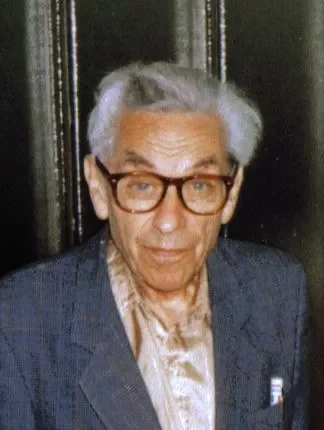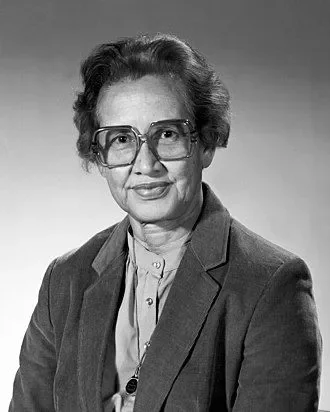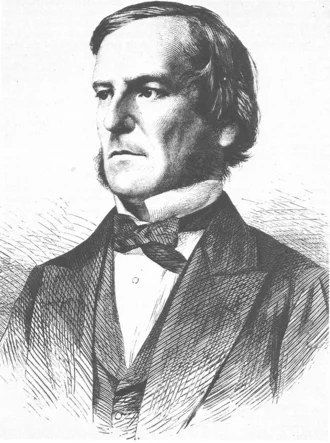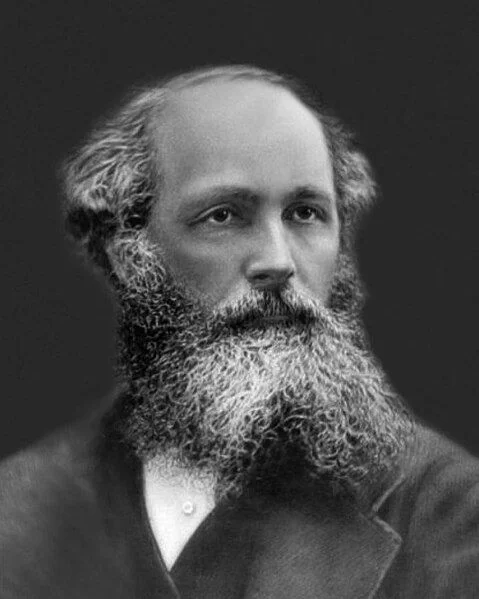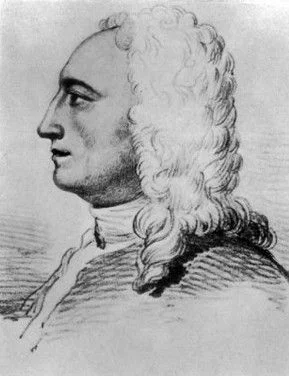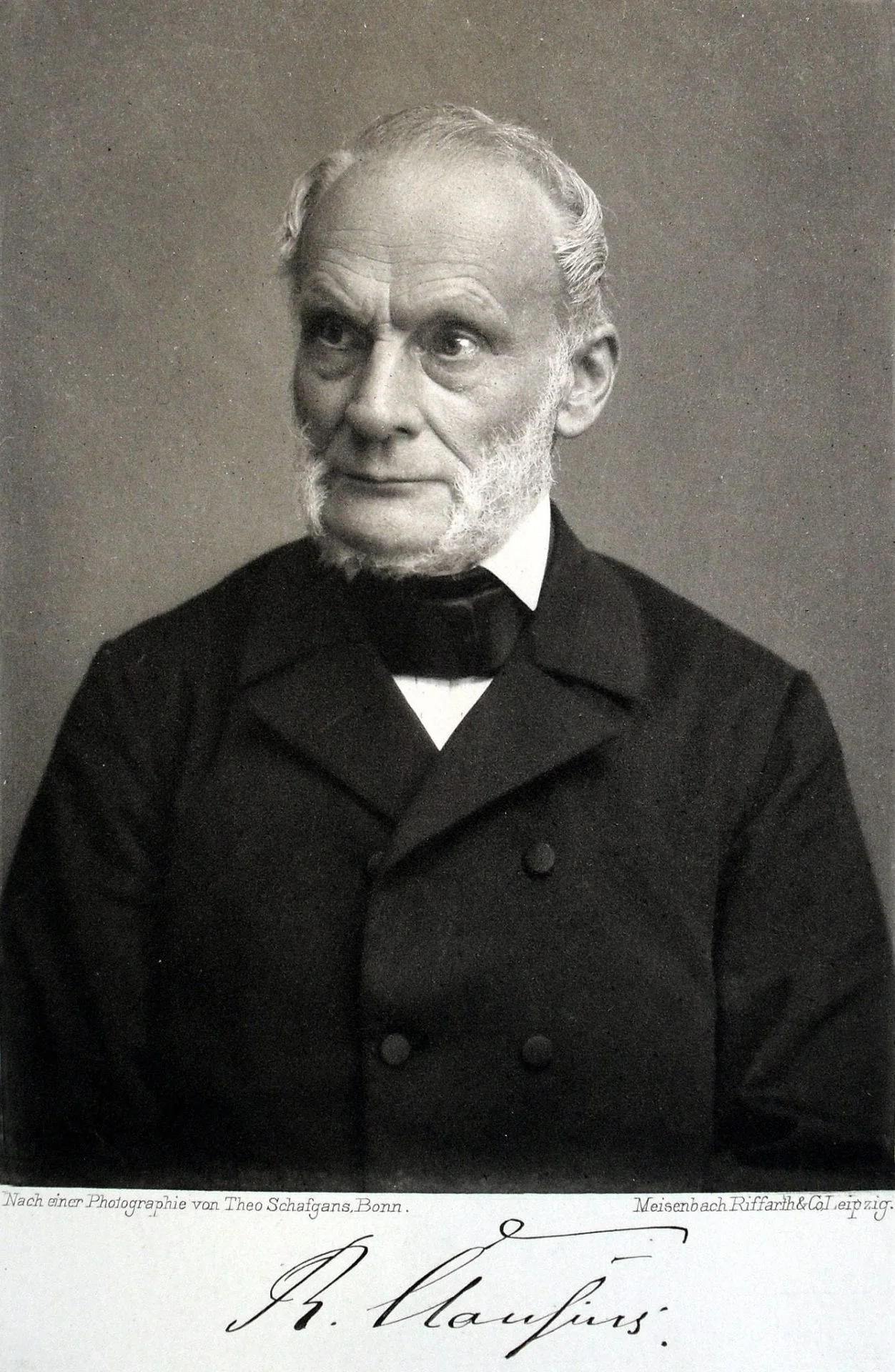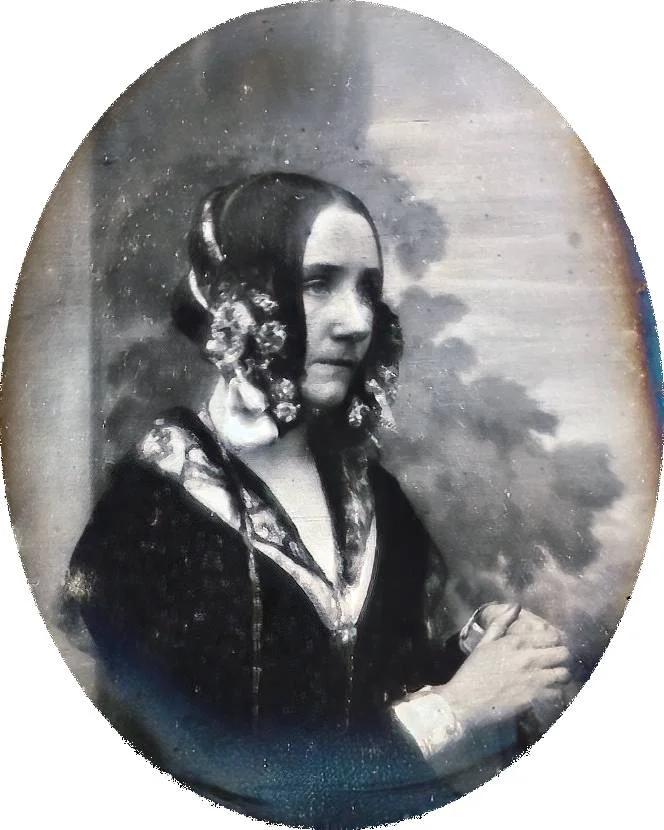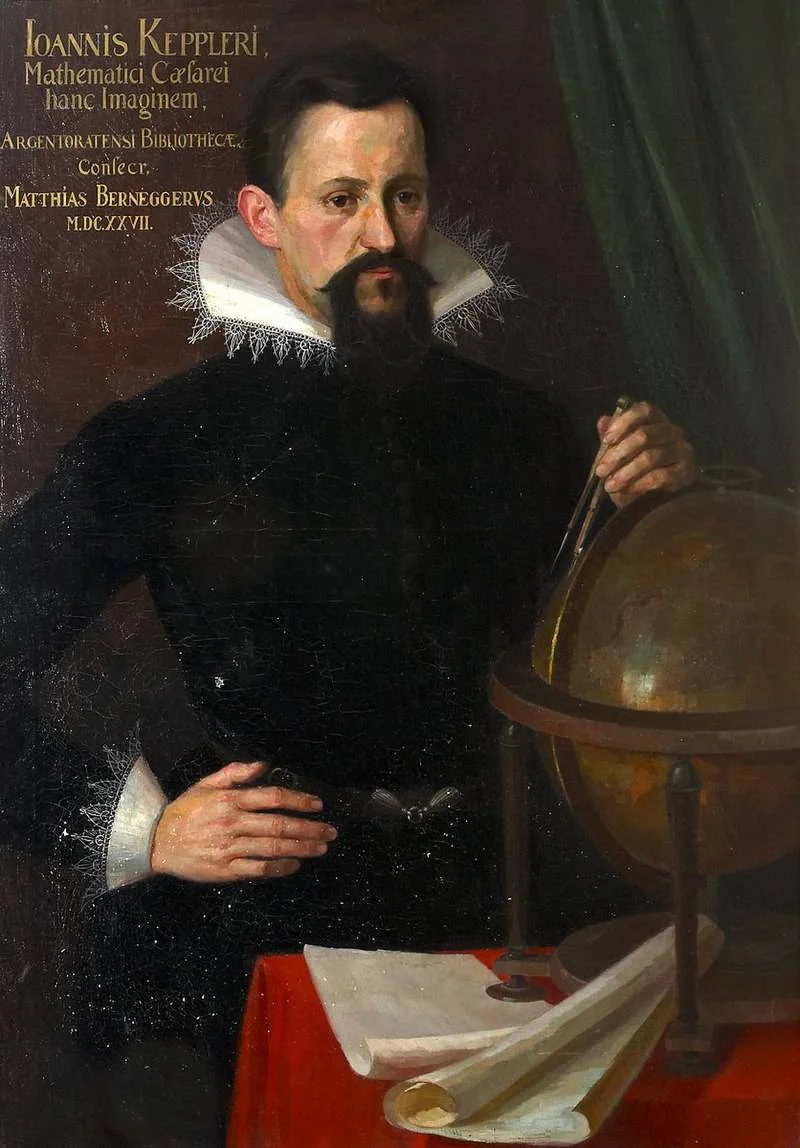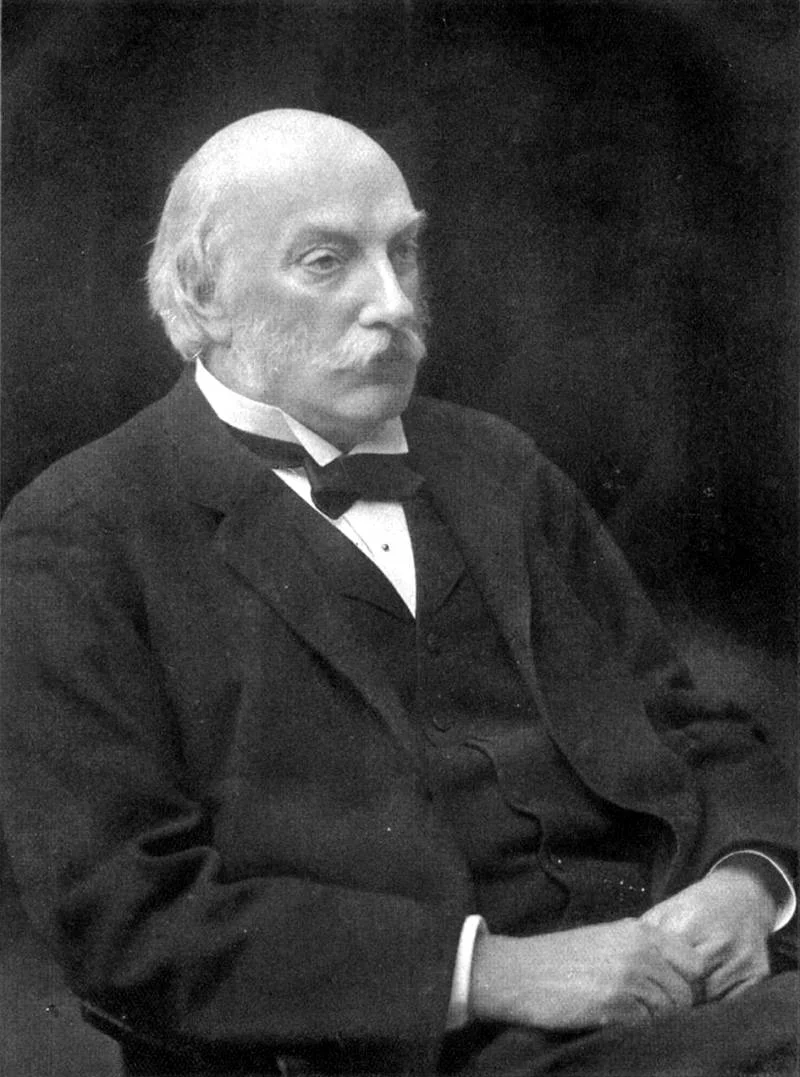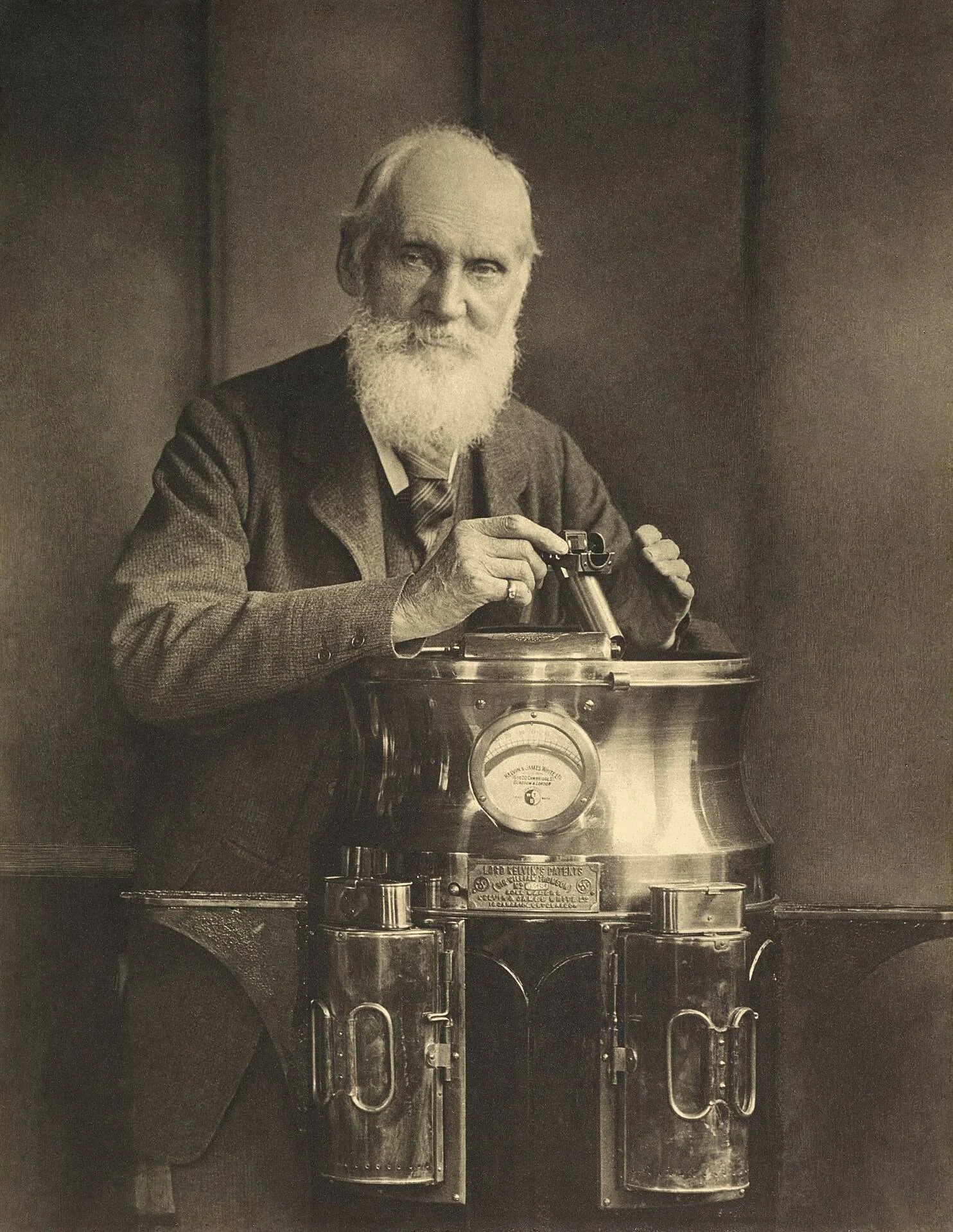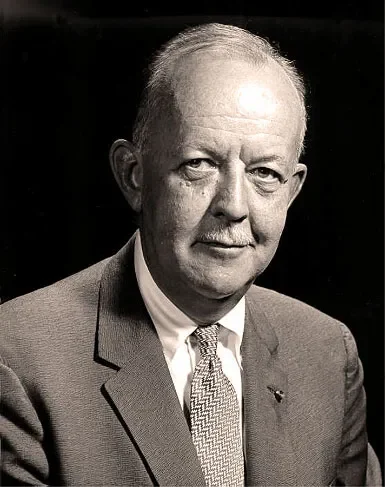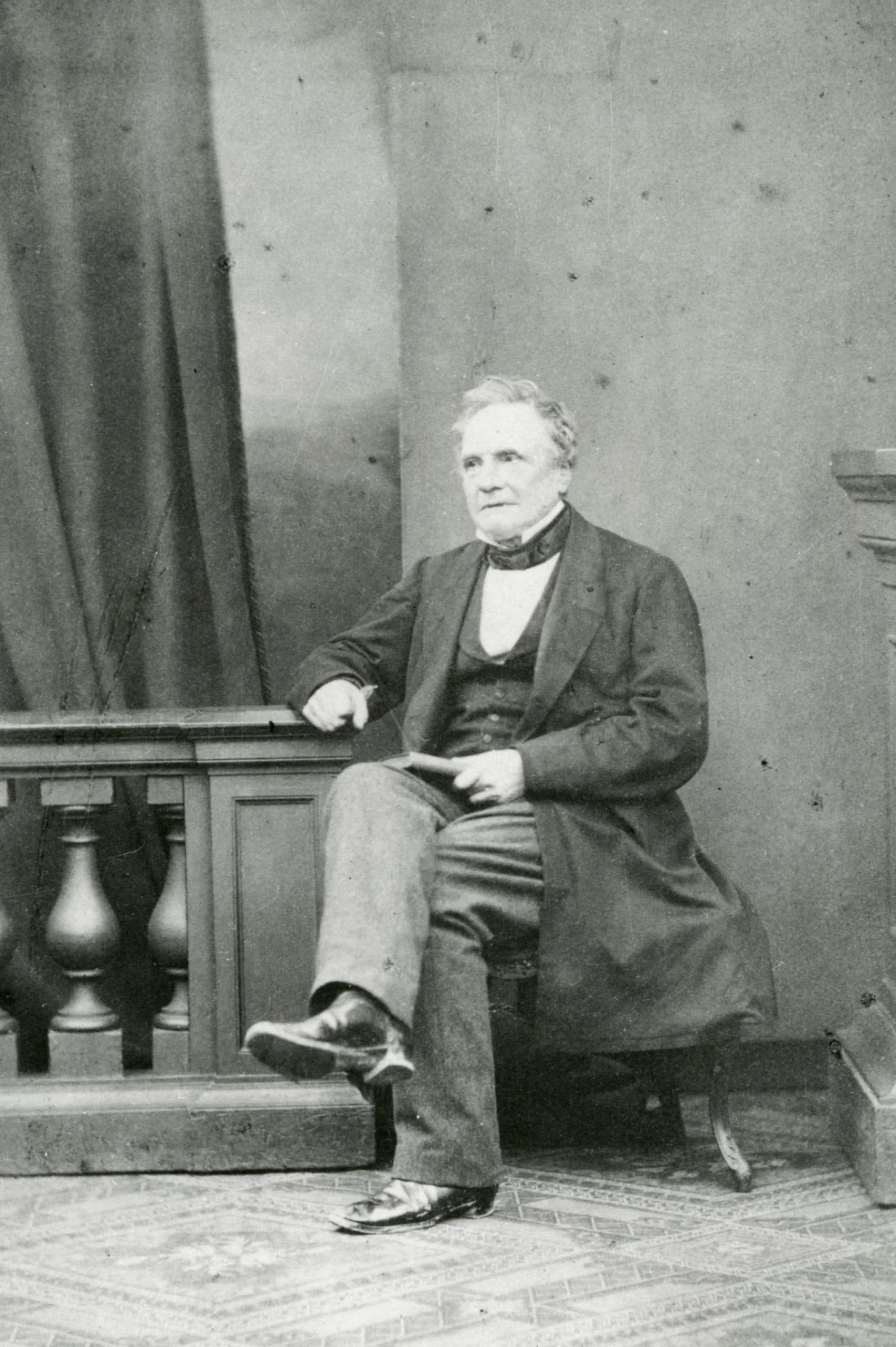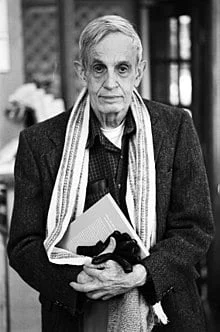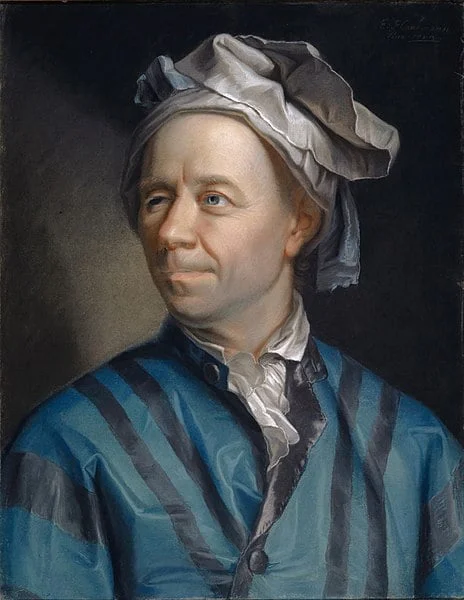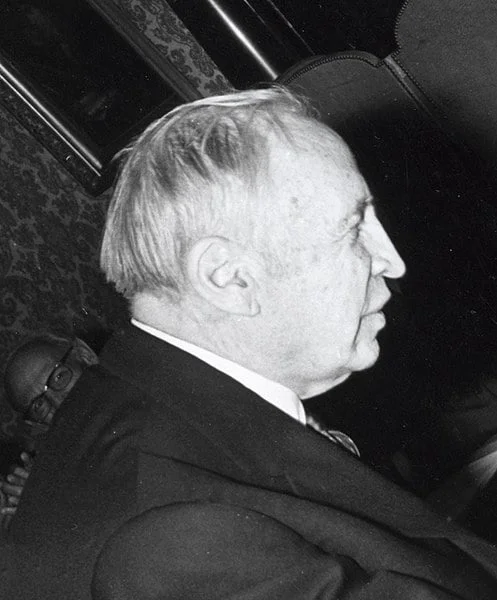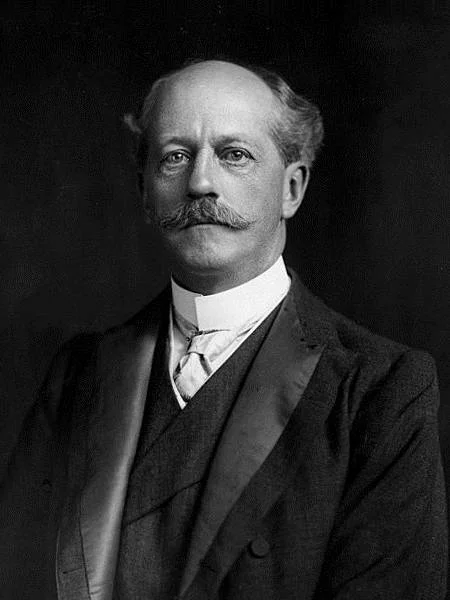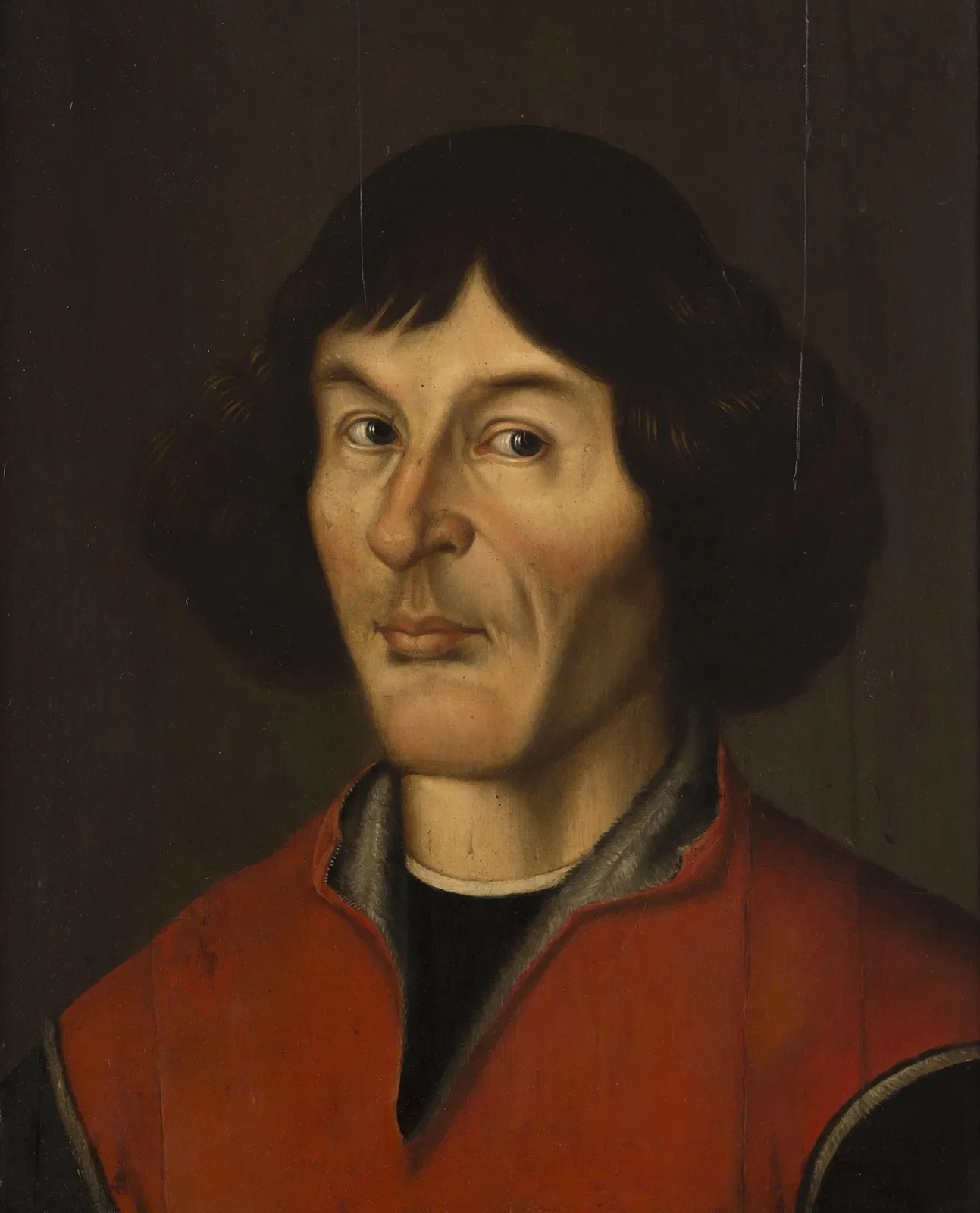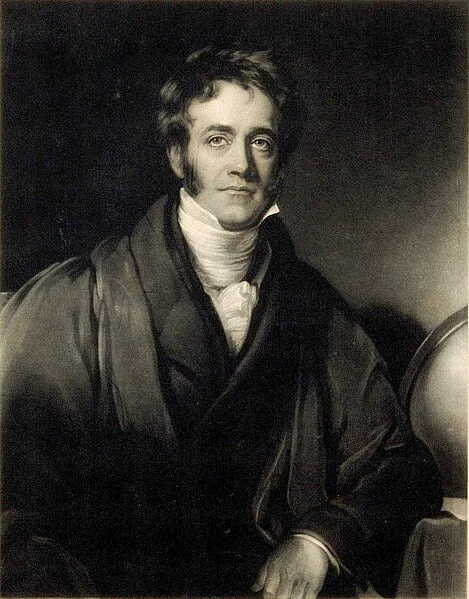Real Celebrities Never Die!
OR
Search For Past Celebrities Whose Birthday You Share
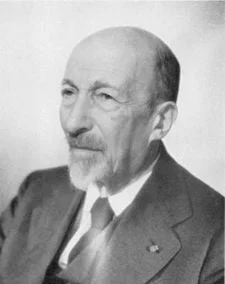
source:wikimedia.org
Jacques Hadamard
Birthday:
08 Dec, 1865
Date of Death:
17 Oct, 1963
Cause of death:
Natural causes
Nationality:
French
Famous As:
Mathematician
Age at the time of death:
97
Jacques Hadamard's Quote's
Early Life and Education
Jacques Salomon Hadamard was a French mathematician who made significant contributions to various fields of mathematics, including number theory, analysis, and mathematical psychology. Jacques Hadamard was born on December 8, 1865, in Versailles, France, and came from a well-educated family. His father, Amédée Hadamard, was a philosophy teacher, and his mother, Claire Marie Jeanne Picard, was the granddaughter of the mathematician Charles Hermite.
Mathematical Talent and Early Studies
Jacques Hadamard displayed his mathematical talent at a young age due to his family background. He attended Lycée Charlemagne and Lycée Louis-le-Grand in Paris, where his father taught, which was renowned for its rigorous education in mathematics. He excelled in his studies, especially in mathematics. In 1884, Hadamard entered the École Normale Supérieure, one of France’s top institutions for higher education in mathematics and science. He was the first in the entrance examinations both there and at the École Polytechnique. In 1888, he graduated from École Normale Supérieure and pursued his doctoral studies. He obtained his doctorate in mathematics from the University of Paris in 1892.
Career Beginnings and Contributions
He became a lecturer at the University of Bordeaux in 1893 and proved his famous inequality on determinants. It leads to the concept of the Hadamard matrix, a square matrix whose entries are either +1 or -1. In 1896, Hadamard worked on various problems in the number theorem, like prime number theory and the distribution of prime numbers. He proved the prime number theorem using complex function theory and was awarded the Bordin Prize for his work on geodesics and differential geometry. In the same year, he was appointed as the Professor of Astronomy and Rational Mechanics at Bordeaux. In 1898, he was awarded the Prix Poncelet for his foundational work on geometry and symbolic dynamics.
Academic Positions in Paris
In 1897, he returned to Paris and held prestigious positions at the Sorbonne and the Collège de France where he was appointed as the Professor of Mechanics in 1909. In Paris, Hadamard focused on a variety of mathematical physics problems like the realm of partial differential equations, the calculus of variations, and the foundational aspects of functional analysis. He introduced the concept of “well-posed problems” in partial differential equations and aimed to ensure that solutions to such equations are unique.
Recognition and International Contributions
In 1916, Hadamard was elected to the French Academy of Sciences, succeeding Henri Poincaré, and was also involved in editing Poincaré’s complete works. He became a foreign member of the Royal Netherlands Academy of Arts and Sciences in 1920. In the 1930s, he was elected a foreign member of the Academy of Sciences of the USSR and visited the Soviet Union, as well as China, upon invitations from mathematicians in those countries.
World War II and Later Years
He fled to southern France during World War II in 1940 and eventually secured a visiting position at Columbia University in the United States in 1941. After the war, he returned to Europe and continued his academic work. In 1956, he was awarded the CNRS Gold Medal for his lifetime achievements in mathematics.
Legacy and Impact
Hadamard passed away from natural causes in Paris in 1963 at the age of 97. Hadamard’s work has had a lasting impact not only on his groundbreaking mathematical work but also on various branches of mathematics and other scientific fields.
Name:
Jacques Hadamard
Popular Name:
Jacques Hadamard
Gender:
Male
Cause of Death:
Natural causes
Spouse:
Place of Birth:
Versailles, France
Place of Death:
Paris, France
Occupation / Profession:
Personality Type
Protagonist: Charismatic and inspiring leaders, able to mesmerize their listeners. His leadership skills had the power to inspire others.
Despite facing anti-Semitism and losing three sons in the World Wars, Hadamard had a long and distinguished career, teaching at several prestigious French institutions and living to the age of 97.
Hadamard wrote "The Psychology of Invention in the Mathematical Field," exploring how mathematicians think and create, describing mathematical thinking as often wordless and accompanied by mental images.
He made significant contributions to various fields of mathematics, including complex analysis, differential geometry, and partial differential equations.
Jacques Hadamard proved the prime number theorem in 1896, a major achievement in number theory that describes the distribution of prime numbers.
CNRS Gold medal (1956)
Grand Prix des Sciences Mathématiques (1892)
Prix Poncelet (1898)

